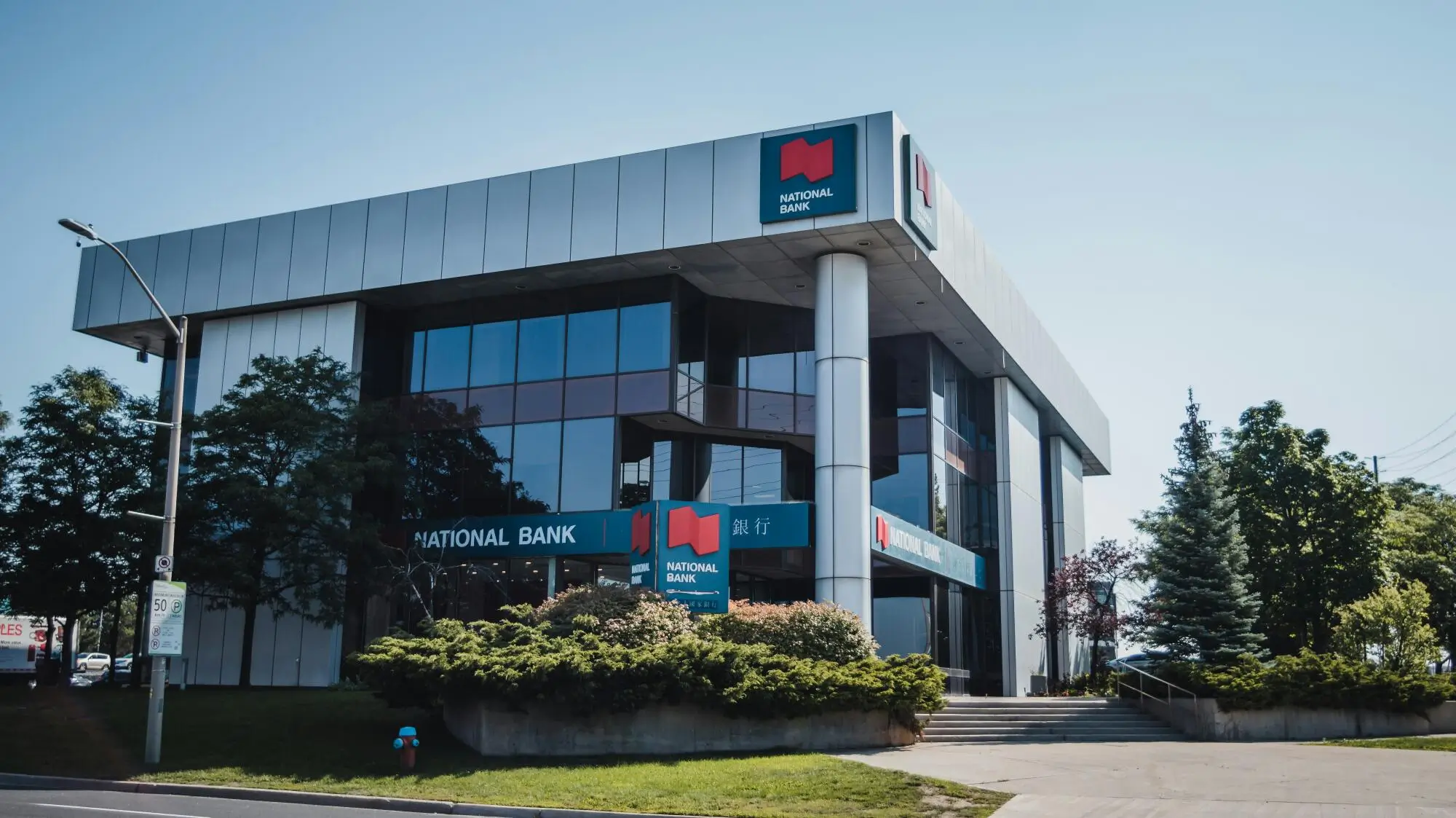Imagine you've just found the perfect tenant for your commercial property - a business poised for growth, eager to sign a long-term lease. But before you pop the champagne, there's one critical hurdle: the lease negotiation.
The lease terms you agree to today could either set you up for smooth sailing or leave you scrambling to fix issues for years to come.
Whether it's rent escalations, maintenance responsibilities, or renewal clauses, mastering the art of commercial lease negotiations is your key to protecting your investment while keeping tenants happy and your property profitable.
Read on for our top tips on commercial lease negotiations.
Understand Market Conditions
When you're trying to get tenants to renew leases, you should begin by researching local market trends, including:
- Vacancy rates
- Average rental prices
- Level of demand for commercial spaces
This data provides valuable insight into the tenant landscape and allows landlords to make more informed decisions when negotiating rental agreements.
For instance, in a high-demand market with low vacancy rates, landlords have greater leverage to negotiate higher rental rates or more stringent terms. In a market with higher vacancy rates, flexibility may be required to attract tenants.
Negotiate More Than Just Rent
Use your negotiation techniques on things beyond the rent. One critical area to address is the lease term. Longer lease terms provide stability and reduce turnover costs for landlords, but tenants may seek shorter commitments to accommodate potential changes in their business.
Offering renewal options or structuring the lease with flexible terms, such as early termination clauses with penalties, can strike a balance between tenant needs and landlord security.
Tenants often request upgrades or modifications to the space, such as remodeling or custom build-outs. Instead of covering all improvement costs, landlords can negotiate a tenant improvement allowance, which caps the landlord's financial contribution while allowing tenants to personalize the space.
Include Clear Exit and Renewal Clauses
Exit and renewal clauses in tenant agreements provide both landlords and tenants with defined terms for ending or extending the lease, preventing misunderstandings and offering flexibility for future decisions.
An exit clause outlines the conditions under which a tenant may terminate the lease before the agreed-upon term.
Equally important are renewal clauses, which give tenants the option to extend the lease after the initial term expires. Landlords should clearly define the terms for renewal, including any changes in rent, the length of the renewal period, and the deadline for providing notice of intent to renew.
Protect Against Default
A well-structured lease should include provisions that safeguard landlords financially and legally if a tenant fails to meet their rental obligations or breaches the lease agreement.
Taking proactive steps to minimize the risk of default not only secures the landlord's income but also prevents costly legal disputes and prolonged vacancies.
Commercial Lease Negotiations: Succeed Today
With these tips for commercial lease negotiations, you'll be sure to succeed.
Are you looking to hire local commercial property managers? Check out PMI River Region. Our franchise has been ensuring investors like you succeed in your endeavors for over two decades.
Contact us today.


